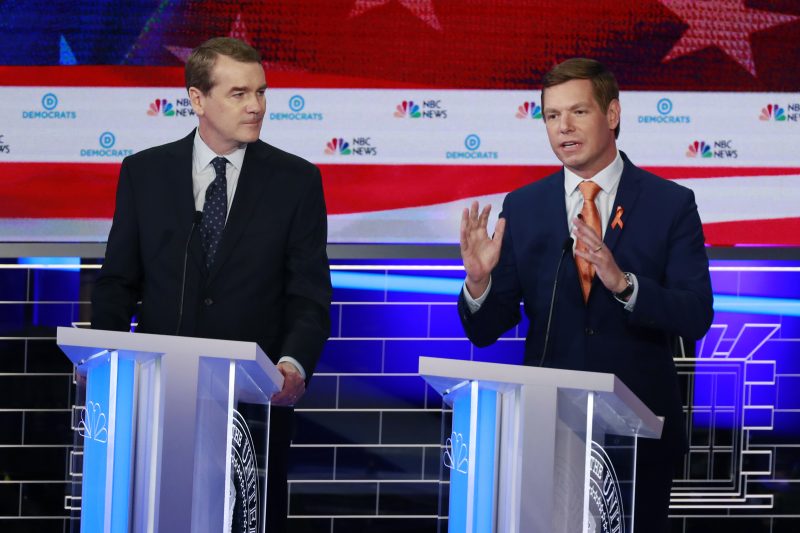
Cracking the Code: Democrats’ Struggle to Hand Over the Torch to a New Generation
In a steadily shifting political landscape, the Democratic Party in the United States finds itself grappling with the eternal question of how to effectively pass the torch to a new generation of leaders. As ageing stalwarts continue to dominate the upper echelons of power within the party, there is an increasing urgency to cultivate and elevate younger voices to play a more prominent role in shaping its future trajectory.
One key stumbling block that the Democrats face in this regard is the delicate balance between delegating authority to younger leaders and maintaining a sense of continuity and experience within the party. The reluctance to fully embrace emerging talent can result in missed opportunities for fresh perspectives and innovative solutions to contemporary challenges.
The limitations of this approach were evident in the 2020 Democratic presidential primaries, where an older, establishment candidate was ultimately selected over a diverse field that included younger, more progressive contenders. The difficulty in reconciling the desire for change with the instinct to stick with what is perceived as safe and familiar highlights the ongoing struggle that the party faces in transitioning to a new generation of leadership.
Moreover, the Democrats must contend with the inherent tensions that arise from power dynamics and generational divides within their ranks. Younger leaders may find themselves marginalized or overshadowed by established figures, leading to frustration and disillusionment that can hinder their ability to fully contribute to the party’s vision and goals.
To navigate these challenges effectively, the Democratic Party must be willing to embrace a culture of mentorship and collaboration that fosters the growth and development of emerging leaders. By actively engaging with younger members and providing them with meaningful opportunities to participate in decision-making processes, the party can tap into a wealth of fresh ideas and perspectives that can invigorate its platform and appeal to a broader base of supporters.
Furthermore, the Democrats would benefit from implementing formal mechanisms for leadership succession that ensure a smooth and transparent transition of power from one generation to the next. By establishing clear pathways for emerging leaders to ascend to positions of influence and authority, the party can demonstrate its commitment to inclusivity and adaptability in an ever-evolving political landscape.
In conclusion, the Democratic Party’s ongoing struggle to pass the torch to younger leaders underscores the need for a proactive and inclusive approach to leadership development and succession planning. By addressing the inherent challenges and tensions that arise in this process, the party can position itself for long-term success and relevance in an increasingly dynamic and competitive political environment.
